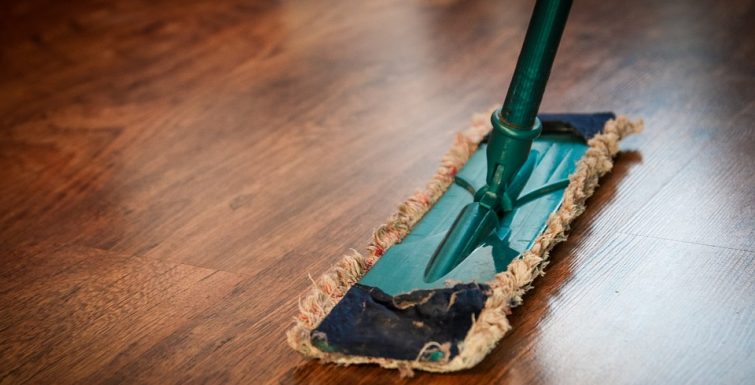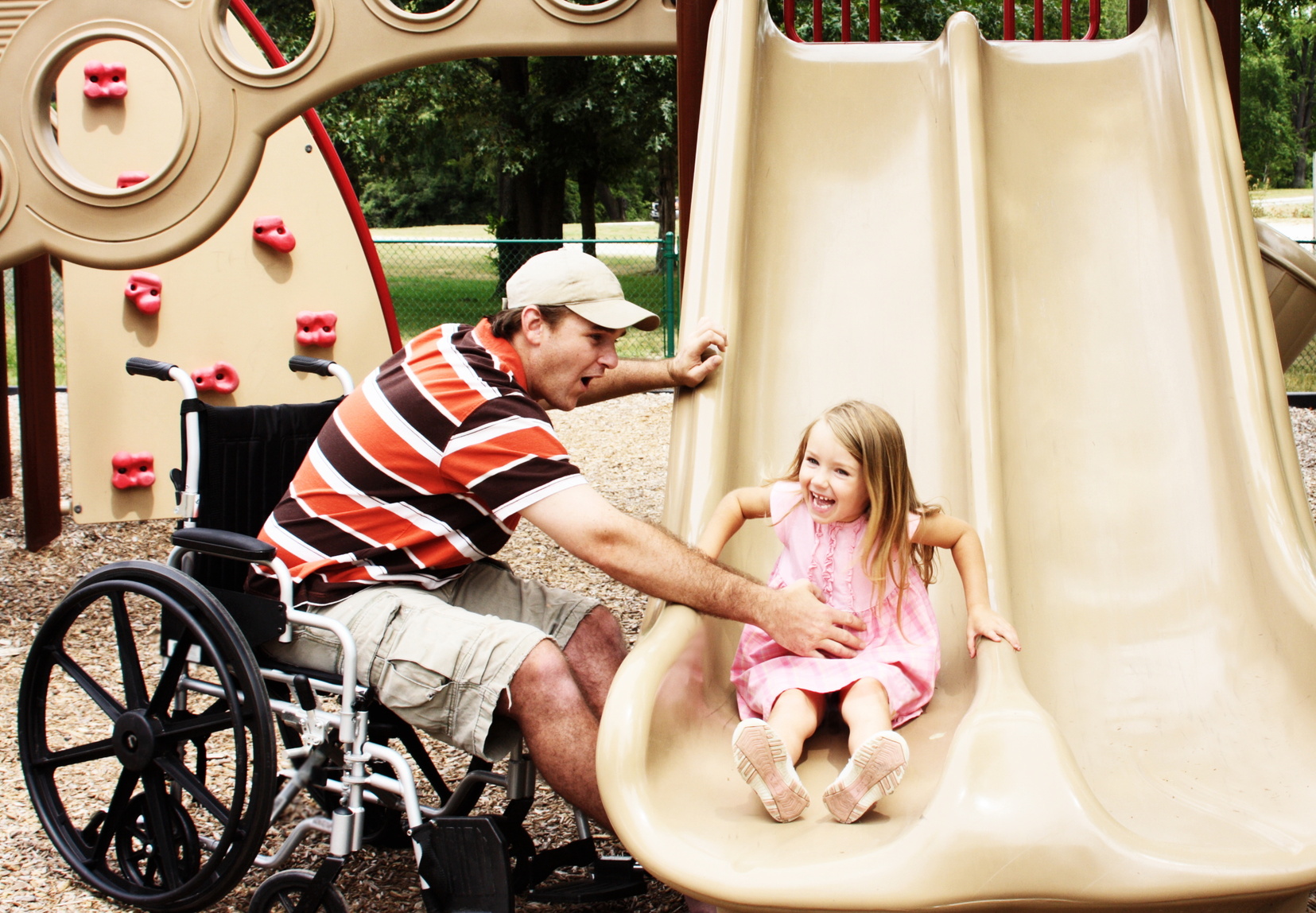Julie Entwistle, MBA, BHSc (OT), BSc (Health / Gerontology)
Don’t worry, this post is rated G.
Remember: Occupational Therapists define the word “occupation” as the way people “occupy” their time. So, for us, this term actually includes all roles involved in living (again, therapy for living, who knew?). In keeping with my theme for October, in celebration of OT month, I will continue to explore the journey of “occupation” from morning to night, highlighting how OT’s help when things breakdown along the continuum that is living.
So far this month we have slept, gotten out of bed, completed our morning routine, had something to eat, been productive, managed our finances and our home. That’s it, right? Well, not exactly. There is one final piece of “living” that I feel compelled to include.
Sexuality is an incredibly important part of being human. Yet, when we are injured, ill, or suffering from physical, cognitive, emotional or behavioral difficulties, this too can suffer. Many of my clients report a reduced libido, erectile dysfunction, have significant physical barriers to intimacy, or issues with body image post-surgery, amputation, or after gaining weight from inactivity. With lack of sleep, medication side-effects, low mood, and hormonal changes post-trauma, being able to achieve or enjoy intimacy is not always easy.
Believe it or not, but part of Occupational Therapy training includes the occupation of sexual activity. I remember it clearly: I was in my last year of OT school and one of the owners of “Come as You Are” in Toronto was invited to run a lecture on adapted sexuality. When the topic and scope were announced that day, to my surprise, half of the students left before the lecture even started. I suppose not every student was willing to be as open about, and versed in, this sensitive topic. However, I personally found the session extremely helpful. The class openly discussed why sexuality is so important as an occupation, how as future therapists we could be open with clients about this topic without breaking professional boundaries, we reviewed adaptive sexual aids, and also talked about how certain diagnoses impact sexual abilities and how creative positioning can facilitate participation.
Recently, I had a client with a spinal cord injury attend a session at Lyndhurst on sexuality and intimacy. She found the session extremely helpful. The session was hosted by two OT’s and some spinal cord injury survivors. During the session, the OT’s demonstrated how they have been able to creatively adapt different sexual tools so they could be used by people with physical limitations to participation. Other topics around the psychology of intimacy and positioning were also covered, and my client found the session extremely helpful. I also am aware of the information on both sexuality and fertility for people with spinal cord injury at SCI-U. Of course, this topic stretches far beyond just spinal cord injury, and every diagnosis and problem to sexual participation needs to be treated uniquely. Also, while OT’s can address barriers to sexual activity from a functional perspective, often medical and psychological intervention is also needed to help people return to their previous “normal”.
So, if you have issues with sexuality after an injury or illness, know that OT’s can help with this too. After all, we consider sexuality to be an important occupation.
Check out more posts from our “Occupation Is” series.






